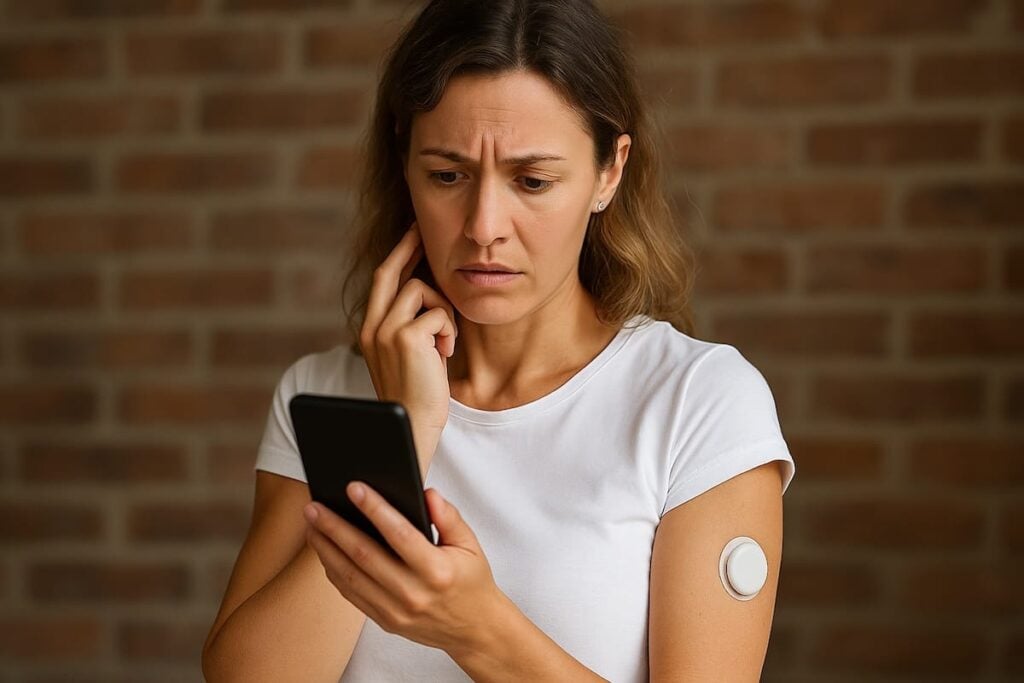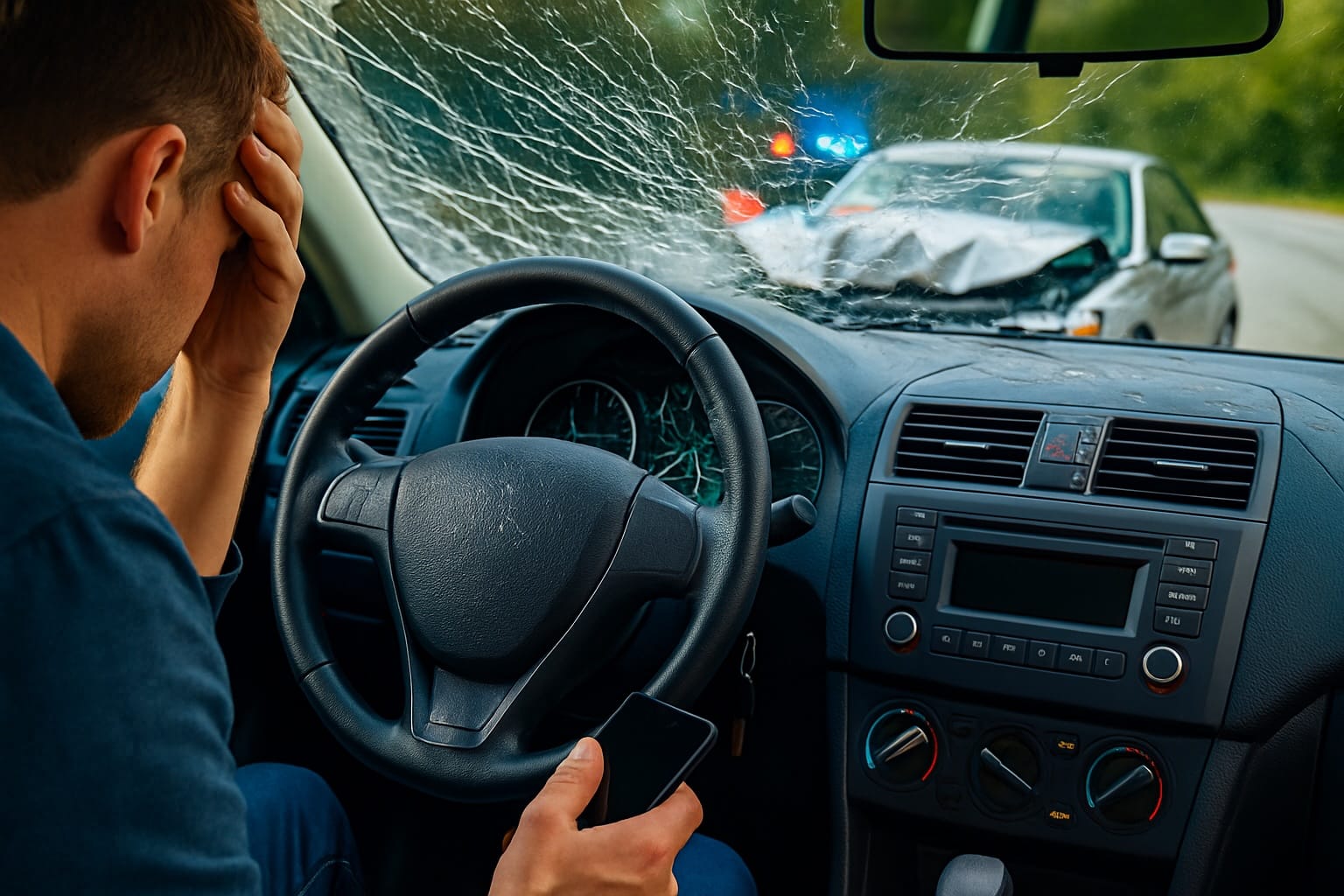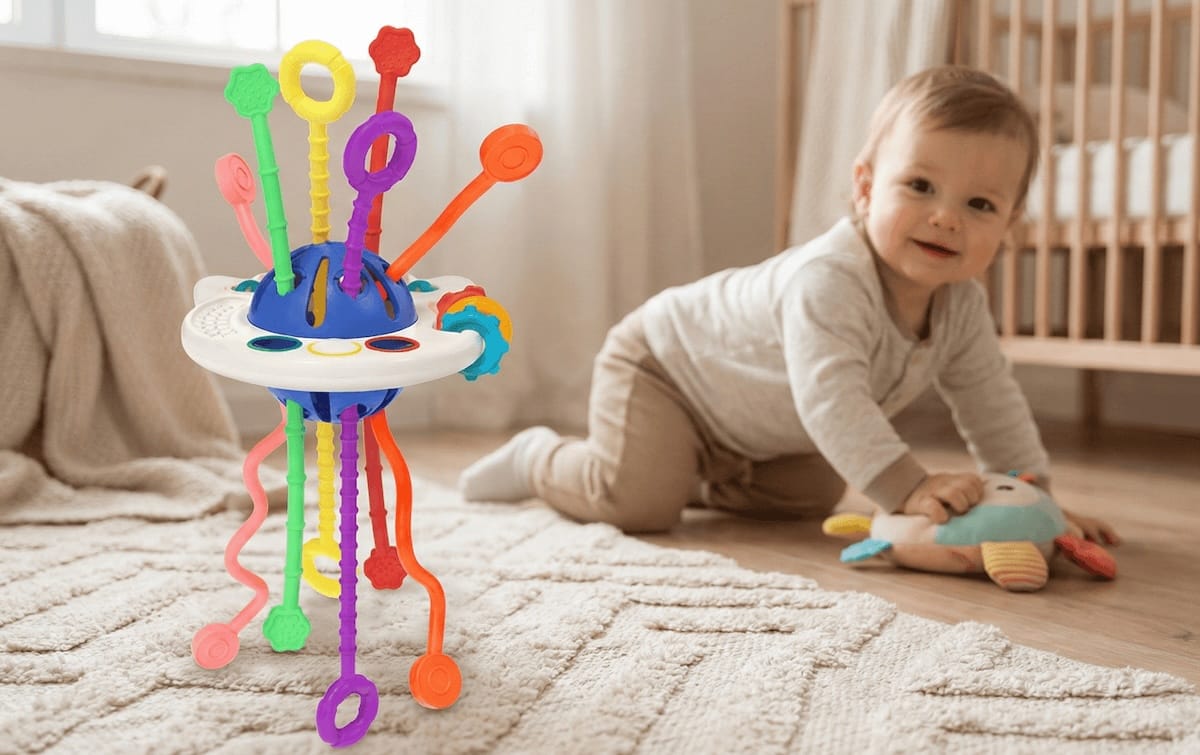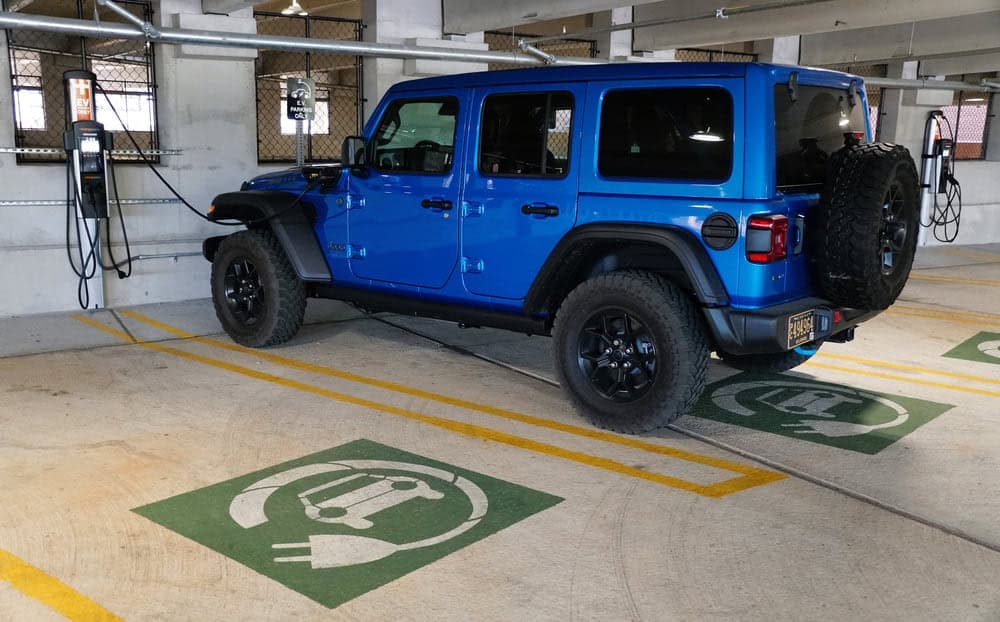Major Dexcom Recall Over Missed Alarms
More than 700,000 Dexcom continuous glucose monitoring (CGM) receivers have been recalled because of a defect that prevents audible alarms. This is a serious risk for people with diabetes who rely on these alerts to manage potentially life threatening swings in blood sugar.
According to official FDA records, Dexcom initiated this recall in May 2025 following multiple reports of severe injuries, including seizures, loss of consciousness, and vomiting.
The FDA has classified this as a Class I recall, the most serious category, meaning these devices could cause serious injury or death.
The Safety Defect in Dexcom Devices
The recall centers on a manufacturing defect: faulty foam or assembly errors cause the internal speaker to lose contact with the circuit board. As a result, the device might fail to sound an audible alert when a user’s blood sugar drops too low or rises too high.
While these devices continue to provide vibration and visual warnings, many people with diabetes rely on audible alerts, especially during sleep or when visually distracted, to avoid potentially dangerous glucose swings.
Injuries and Incidents
Before announcing the recall, Dexcom had received 56 reports of serious medical incidents, including seizures, unconsciousness, and severe vomiting, plus over 112 additional consumer complaints, all linked to speaker failures.
These incidents clearly show the danger when critical alerts fail. For patients who rely on these warnings to time insulin doses or take glucose, a missed alarm can quickly turn into a medical emergency.
Scope of the Dexcom Recall
The recall affects four Dexcom product lines:
- G6 Receivers: ~36,800 units
- G7 Receivers: ~602,000 units
- One Receivers: ~38,000 units
- One+ Receivers: ~26,000 units
Dexcom has distributed these products widely across the United States and in more than 40 countries, making this a truly global recall. Consumers should check their serial numbers on Dexcom’s website and arrange for a free replacement if affected.
How Product Liability Laws Apply
Under U.S. law, manufacturers can be held strictly liable for injuries caused by defective products. This means that injured consumers often do not have to prove that the company acted intentionally or with gross negligence; they only need to demonstrate that a defect existed, it caused harm, and they were using the product as intended.
Defective medical device claims typically fall under three categories:
- Design defects: when the product is inherently unsafe
- Manufacturing defects: when production errors make an otherwise safe design dangerous
- Failure to warn: when there are inadequate instructions or warnings about known risks
In the Dexcom recalls, the primary issue stems from a manufacturing defect, combined with concerns that consumers may not have been adequately warned about the risk of silent failures.
Challenges of Software-Integrated Medical Devices
Modern medical devices like Dexcom CGMs blur the line between traditional hardware and software, creating unique legal complexities. When a device fails due to software issues, such as the iOS app bug that stopped updating glucose values, courts must determine whether this constitutes a design defect or a separate software malfunction. This distinction matters because software updates can potentially fix problems retroactively, raising questions about when the defect truly began.
Software-integrated devices also involve multiple potential defendants beyond the manufacturer. App developers, cloud service providers, and even telecommunications companies that transmit data between devices may share liability. For Dexcom users, this means claims might extend beyond just the receiver hardware to include failures in the entire digital ecosystem.
The evidence preservation requirements for software defects differ significantly from traditional product cases. Digital logs, app version histories, and automated update records become critical evidence that can disappear if not properly preserved. An attorney experienced with medical device software knows how to secure this electronic evidence before it is overwritten or deleted.
Impact of Dexcom Defect Injuries
People with diabetes place enormous trust in glucose monitoring devices, relying on them as lifelines to prevent medical emergencies. When that trust is broken by a manufacturing defect, the consequences can be devastating. Beyond the immediate trauma of seizures or unconsciousness, patients often struggle with anxiety about their safety, higher medical costs, and disruptions to their diabetes care routine.
While Dexcom reports all 56 patients recovered, long-term effects may not appear immediately. Severe blood sugar episodes can cause brain damage, organ complications, and psychological trauma with lasting impacts.
Potential Compensation for Dexcom-Related Injuries
If you suffered harm from a malfunctioning Dexcom receiver, you may be entitled to compensation for various damages. Medical expenses, including emergency room visits, ambulance services, and ongoing treatment, form the foundation of most claims. Lost wages from time missed at work and future income loss due to long-term complications are also recoverable.
Compensation for pain and suffering covers the physical and emotional toll of experiencing a severe glucose emergency. In cases where corporate negligence contributes to the defects, punitive damages may be applicable to deter future dangerous conduct.
Class Actions vs. Individual Injury Claims
While class action lawsuits often make headlines in product recalls, they typically address only economic damages, such as refunds or device replacements. Class actions are generally not certified for personal injury claims, because each person’s medical history, injury severity, and recovery differ too greatly. These individual issues make it nearly impossible to handle personal injury claims through a single class proceeding.
Class actions may sometimes pursue limited medical monitoring relief, but even those cases are hard to certify. If you suffered a serious health complication, like a seizure, loss of consciousness, or required hospitalization, your best option is almost always an individual lawsuit. An individual claim allows you to fully document how the defect impacted your health, income, and quality of life, and seek compensation tailored to your unique losses.
An experienced product liability attorney can help determine whether participating in a class action for economic reimbursement (if one is available) makes sense while still preserving your right to file a separate personal injury lawsuit. n most cases involving actual harm, opting out of a class action and pursuing an individual claim is the best path to meaningful compensation.
Time Limits and Evidence Preservation
Critical deadlines apply to product liability claims, typically ranging from two to three years from the date of injury, depending on your state. Waiting too long could forever bar your right to compensation. Evidence preservation is equally crucial for building a strong case.
If you suspect a device malfunction may have caused you harm, keep the defective device and do not return it to Dexcom without first consulting an attorney. Document everything. Take photos of the device, keep all medical records from glucose emergencies, and write down what happened while it is still fresh in your mind.
Next Steps if You Were Harmed
If you or a family member has suffered health complications potentially linked to a Dexcom receiver that failed to sound its alarm, taking immediate action can protect both your health and your legal rights. First, check whether your device is included in the recall by entering its serial number on Dexcom’s website. Seek medical attention for any ongoing symptoms related to the incident.
Before accepting any replacement device or settlement from Dexcom, consider speaking with an experienced product liability attorney. A lawyer can help preserve crucial evidence, handle communications with Dexcom, and make sure you receive full compensation and not just a replacement device.
Frequently Asked Questions
Does the recall mean Dexcom will cover my medical costs?
What if I did not require emergency care? Do I still have a case?
Can I sue if I was using the device exactly as instructed?
How much time do I have to file a claim?
My child uses a Dexcom device. Are there special considerations?
Should I return my defective Dexcom device for a replacement?
Product Liability Experience
Medical device cases require more than standard knowledge of personal injury. They often involve technical evidence, detailed regulatory timelines, and understanding of how companies like Dexcom interact with the FDA.
We have handled hundreds of defective medical product claims and know how to build strong cases that protect your rights. We also work with medical experts who understand glucose monitoring technology, and we have a deep understanding of FDA regulations and how to prove when manufacturers fall short of safety requirements.
Have Questions?
If you suspect a defective glucose monitor has caused injury to you or a loved one, we’re here to help. Contact us for a free consultation to discuss your legal options.
Contact the AuthorAbout the Author
William Doyle is a product liability attorney and the founding partner of Doyle APC. For nearly thirty years, he has helped people harmed by dangerous and defective products recover compensation and hold manufacturers accountable.



